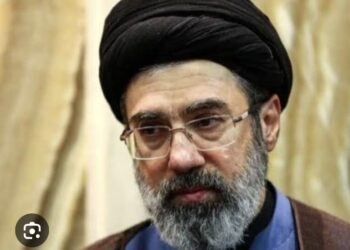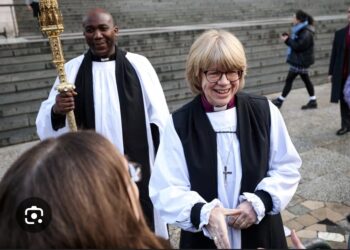The Brigade Commander, 23rd Amour Brigade Yola, Bello Mohammed, says that seven policemen and two soldiers lost their lives within the past two months as a result of Numan sectarian crisis involving herdsmen and farmers.
Mr. Mohammed made this known Thursday in Yola while addressing a town hall meeting on the crisis.
Mr. Mohammed, a brigadier general, said the military organised the meeting to sound a final warning to those involved that it would henceforth be hard on those who fail to embrace peace and dialogue in resolving differences.
“The crisis that initially started in Numan and environs spread to four LGAs namely; Girei, Demsa and Lamurde, and later to parts of Taraba.
“Sadly, the measures and strategies employed by security agencies have not yielded the desired effect; the stakeholders have regarded our soft handedness measures as weakness and incapable of dealing with the situation.
“Henceforth, we members of the security agencies forum have collectively resolved to tackle this mayhem and unwarranted killings at all cost.
“The first deliberate step towards permanently resolving this issue is this town hall meeting. It is part of soft power approach to internal security situations, it would be followed by hard and smart power approaches. To be forewarned is to be forearmed,” Mr. Mohammed said.
While lamenting that elites, politicians and traditional rulers in the affected areas were not helping matters in addressing the problem, Mr. Mohammed said warring parties were also fond of over reacting and mostly on baseless and unconfirmed information.
The brigade commander said that as part of measures taken by security agents to tackle the security situation in Numan, resisting an arrest or obstructing security personnel from carrying out their duties would be considered as serious offense.
Other actions that constitute serious offenses according to him include unlawful assemblies and movement of persons with arms in affected communities.
The News Agency of Nigeria (NAN) reports that those who spoke at the meeting included representatives of farmers, herdsmen, politicians, traditional and religious leaders.
They all condemned the crisis and resolved to mobilize their people towards peaceful coexistence and the need for dialogue in resolving conflict. (NAN)












